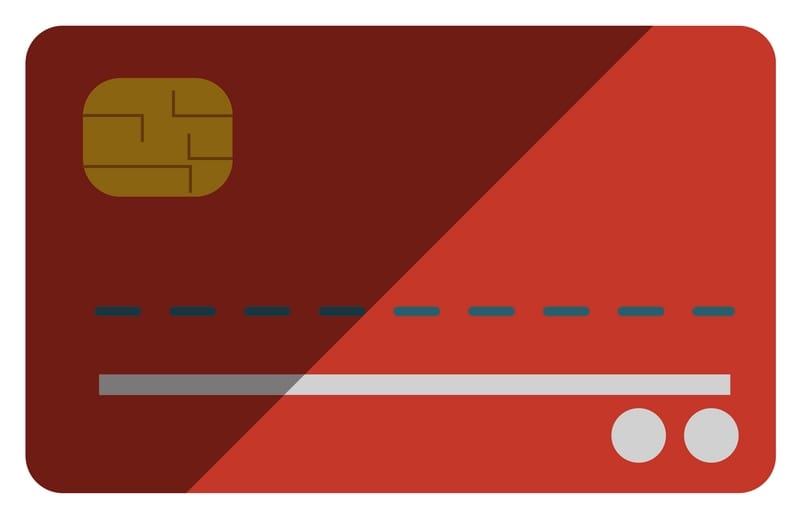Small amendment. Big effect.
Small amendment. Big effect.

We encourage the population of our readership, who are small to medium sized business owners, to pay careful attention to any ACCC standards and announcements as and when they are published.
The power often given to the ACCC to enforce legal changes are broad and it can be expensive if you are caught out by the ACCC for business practices that fall foul of recent legal changes that you may not even be aware of.
One of the more recent changes in the law to affect everyday business practice is the change to the Australian Consumer Law as to payment of surcharges by your clients (buyers of your goods or services) if they elect to use card facilities (or other payment methods aside from cash) to pay your invoices.
In February this year parliament passed the Competition and Consumer Amendment (Payment Surcharges) Act 2016 making changes to the Australian Consumer Law.
According to the changes, the merchant cannot pass on the cost of using card payment methods (that they are charged for by financiers, for instance) to make a profit. The cost they can pass onto the buyer must be reflective of the charge the merchant actually incurs and it is not to be in excess of that.
If the recent media comments by the ACCC’s Chairman Rod Sims are any indication, the businesses most affected by this restriction will be large merchants who have typically passed on the cost of use by buyers of credit card facilities at more than 1,000 percent of the cost to the merchant.
He has been quoted as saying that “Businesses can only charge the cost of the customer using that debit or credit card, they can’t make any money on it”. Further, he has said that “[…] they can just charge the cost, which is really just the cost of the terminal and the charge that the bank charges them for using the credit card”.
This would therefore exclude internal changes incurred by the merchant for the use of the card facility.
Now is the time then for small and large merchants alike to check the surcharge they traditionally pass onto the buyer and ensure that a paper trail is in good order justifying the cost you seek indemnity on. This should happen by 1 September 2016 for large merchants (gross revenue of $25 million or more, assets of $12.5 million or more, or more than 50 employees) and by 1 September 2017 for small merchants because that is when the laws will apply to each respective “surcharge participant”.
The paper trail is critical because the changes enable the ACCC to serve on a surcharge participant a Surcharge Information Notice seeking documentary evidence of the amount of a payment surcharge and the cost of processing a payment the subject of the surcharge. The turnaround for compliance with the notice is 21 days, so it is best you have the paperwork readily at hand.
Some of the documents that surcharge participants should keep on file are evidence of the most up to date bank costs for the use of the payment method so, for instance, the contract terms with your financier outlining the costs and annual statements showing actual card transactions costs, and also copies of receipts for payments made by the buyer.
Infringement Notices with hefty penalties may also be issued by the ACCC if it deems that the surcharge has been excessive.
As always, prevention is better than cure.
If you need any part of your business practice reviewed including transactional policies relating to a buyer’s agreement to surcharges, please contact Su-Ann Loh (Senior Associate, Dispute Resolution Practice Group) or Adam Foster (Associate, Dispute Resolution Practice Group) on 03 9629 9629 or by email at suannl@lewisholdway.com.au and adamf@lewisholdway.com.au.
Copyright © 2021 Lewis Holdway Lawyers. Website Design By LGT Digital








